Dramabeans Asks a Korean: What is Seo Taiji’s Sogyeokdong?
by T.K.
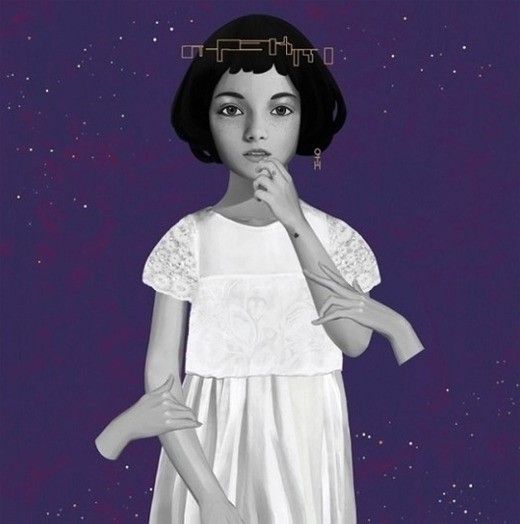
Dear Korean,
Recently, Seo Taiji released a song called “Sogyeokdong.” From the music video and my limited Korean skills, I gathered that Sogyeodong must be a historical place. What exactly transpired there and what is the significance of the setting for Seo Taiji’s music video?
–Curious person with poor Korean skills 🙁
First of all, thank you Dramabeans for allowing in TK’s third person speak! Let’s listen to the music in question.
소격동
Sogyeokdong
나 그대와 둘이 걷던 그 좁은 골목계단을 홀로 걸어요
I walk alone, on that narrow alley stairs that the two of us used to walk
그 옛날의 짙은 향기가 내 옆을 스치죠
The thick scent of the past sweeps by me널 떠나는 날 사실 난…
On the way I left, actually I…등 밑 처마 고드름과 참새소리 예쁜 이 마을에 살 거예요
I will live in this pretty village, with icicles on the roof and sparrows chirping
소격동을 기억하나요 지금도 그대로 있죠
Do you remember Sogyeokdong? It still remains the same아주 늦은 밤 하얀 눈이 왔었죠
On a very late night, the white snow fell
소복이 쌓이니 내 맘도 설렜죠
As they piled on, my heart stirred too
나는 그날 밤 단 한숨도 못 잤죠
I could not sleep that night, not even a wink
잠들면 안돼요 눈을 뜨면 사라지죠
Don’t fall asleep; it all disappears when we open our eyes*어느 날 갑자기 그 많던 냇물이 말라갔죠
The stream that used to be so big suddenly dried up
내 어린 마음도 그 시냇물처럼 그렇게 말랐겠죠
My young heart, like that stream, must have dried up too너의 모든 걸 두 눈에 담고 있었죠
In my two eyes, I carried everything about you
소소한 하루가 넉넉했던 날
The days when the small days were more than enough
그러던 어느 날 세상이 뒤집혔죠
Then one day, the world turned upside down
다들 꼭 잡아요 잠깐 사이에 사라지죠
Everyone hold on tight; it all disappears in a moment잊고 싶진 않아요 하지만 나에겐
I do not want to forget; but to me
사진 한 장도 남아있지가 않죠
Not even a single photo remained
그저 되뇌면서 되뇌면서 나 그저 애를 쓸 뿐이죠
I can simply try, repeating to myself, repeating to myself아주 늦은 밤 하얀 눈이 왔었죠
On a very late night, the white snow fell
소복이 쌓이니 내 맘도 설렜죠
As they piled on, my heart stirred too
나는 그날 밤 단 한숨도 못 잤죠
I could not sleep that night, not even a wink
잠들면 안돼요 눈을 뜨면 사라지죠
Don’t fall asleep; it all disappears when we open our eyes*
*Translation note: Although TK assigned “it all” and “we” as subjects in this sentence, in the original Korean lyrics it is unclear who is opening his/her eyes, and exactly what is disappearing. Because Korean language does not require a subject in a sentence, this type of poetic ambiguity is common.
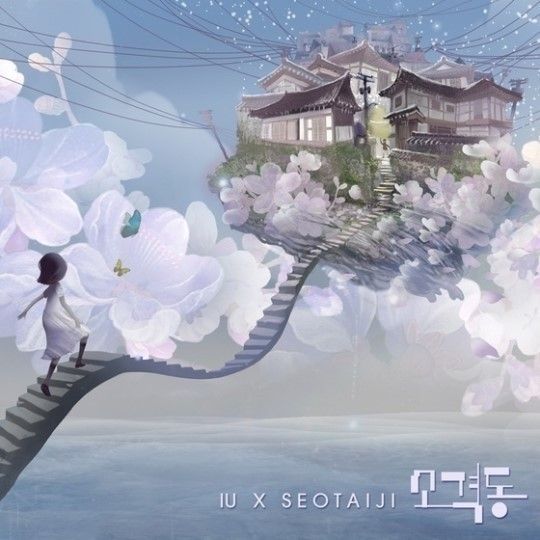
As the questioner gleaned, Sogyeokdong [소격동, pronounced “soh-kyok-dong”] is an actual place in Seoul. Located within Jongno-gu [종로구], it is in the heart of the old Seoul, abutting the Gyeongbokgung [경복궁] palace on the east side. Together with Samcheong-dong [삼청동], Gahoe-dong [가회동], Jae-dong [재동], Gye-dong [계동], etc., it is a part of the neighborhood called Bukchon [북촌]. Because of its quaint narrow alleyways and well-preserved traditional Korean houses, Bukchon today is a popular tourist destination.
Due to its central location, Sogyeokdong has been at the forefront of Korea’s turbulent modern history. However, Seo Taiji did not choose to sing about Sogyeokdong simply for the sake of history. He actually grew up in the neighborhood, having attended the nearby Jaedong Elementary School (which is Korea’s oldest elementary school, established in 1895). In an interview, Seo said that he simply wanted to sing about his childhood, but doing so would have been impossible without touching upon the history he had seen. The result, in TK’s estimation, is a more elegant expression of the sinister sense of fear and loss that permeated the experience of Korean children at the time.
Seo Taiji was born in 1972, which means he experienced his Sogyeokdong childhood in the early to mid-1980s. What was going on in Korea in the 1980s?
It is important to remember that, until late 1980s–early 1990s, South Korea was under authoritarian dictatorship. To be sure, the situation was better than North Korea’s—but not by that much. In December 1979, General Chun Doo-hwan rolled tanks into Seoul, threatened the then-president Choi Gyu-ha at gunpoint, and later appointed himself to be the president. When the citizens of Gwangju protested the coup d’etat, Chun sent paratroopers to the city and murdered more than 600 people.
During Chun’s dictatorship, the democratically elected National Assembly was no more than a shill. The true, shadow government was located in Sogyeokdong, under the name of the Defense Security Command. Growing up in the neighborhood, Seo Taiji likely could not help but notice the swirl of chaos surrounding the area.
Accordingly, in the music video for “Sogyeokdong,” one can see a number of historical tropes. The main boy character is wearing a military uniform, which is a standard issue in the 1980s. The dictatorship, in large part, justified its existence by playing up the threat of North Korean invasion. In order to instill constant fear, schoolchildren were required to take “military training” as a subject starting middle school. The boys would learn how to line up, march and handle a mock rifle, while the girls learned how to apply first aid. (Incredibly, “military training” remained as a high school subject until 2007.)
Another scene of the music video shows the air raid drill: periodically, Koreans had to undergo the nighttime air raid drill, during which people were instructed to turn off all lights so that the incoming North Korean bombers could not see the targets below. (Or so the dictatorship told the people.) A modified version of this drill still goes on to this day in Korea, which tends to alarm tourists and foreign journalists into thinking that a war broke out between South and North Korea.
The “Sogyeokdong” music video also makes one direct allusion to a historical event. When the boy and the girl sit together on the stairs, one can faintly hear the radio speaking about 학원 녹화사업, or “School Greening Project.” Like other dictatorial project names, the School Greening Project had little to do with planting trees around schools—instead, the “greening” was a code word for brainwashing.
During the School Greening Project, college students who were involved in the democratization movement were forcibly drafted, i.e. randomly arrested and sent to military bases. There, the students were beaten and tortured until they agreed to serve as the government’s spies within the democratization movement. It is believed that approximately 1,100 students were forcibly drafted during the School Greening Project; six were killed in the process.
Six college students who were killed during the School Greening Project.
(source)
The music video is not clear on what exactly happened, but it appears clear enough that someone in the girl’s family is being taken away. One can see soldiers rushing to the girl’s house, and there is a struggle. The lyrics of the song also allude to the event, as they repeatedly sing about disappearance, full stream running dry, and being left without even a single photograph.
Got a question or a comment for the Korean? Email away at askakorean@gmail.com.
Tags: Ask a Korean, IU, Seo Taiji, song lyrics
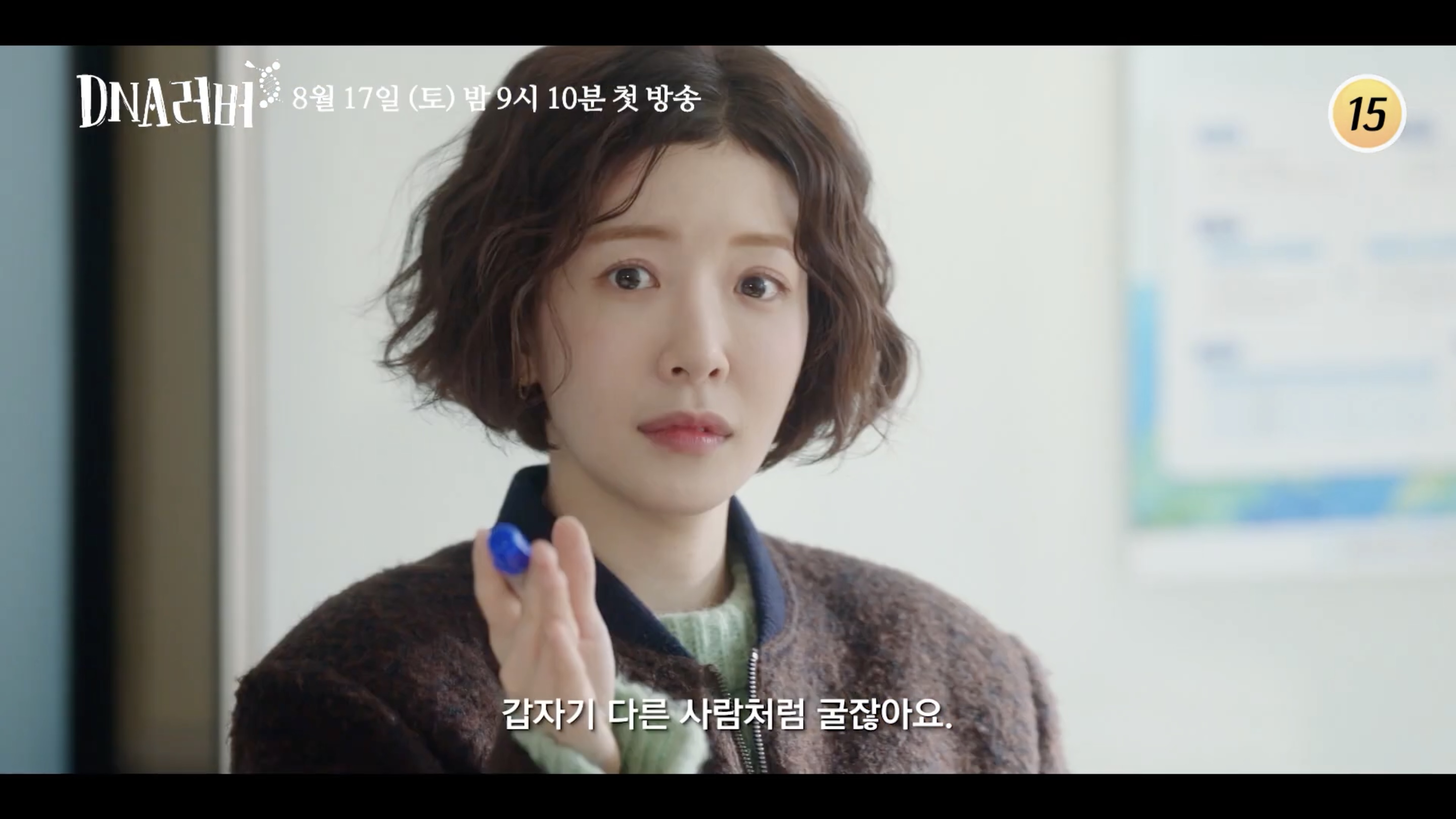
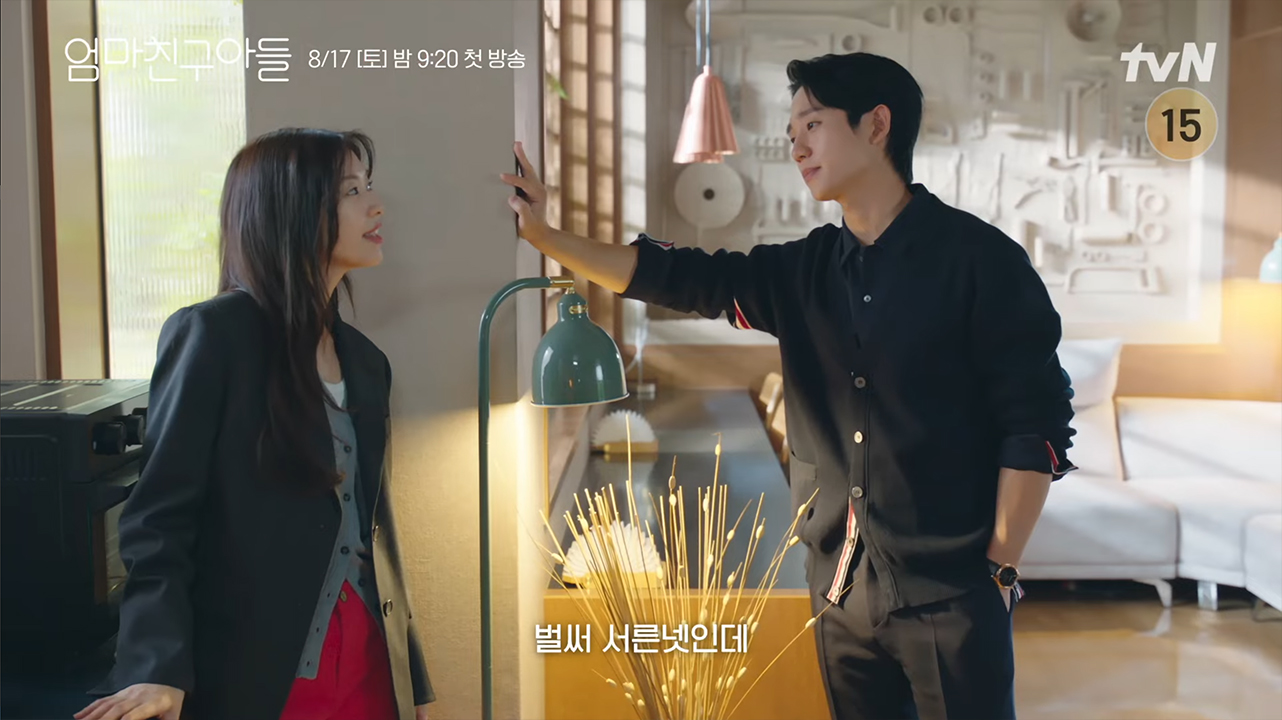
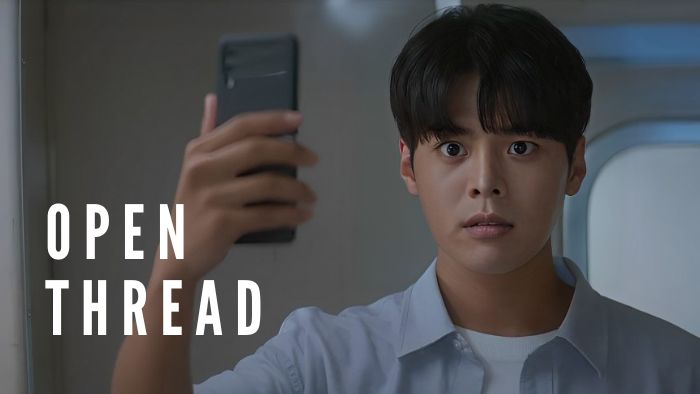
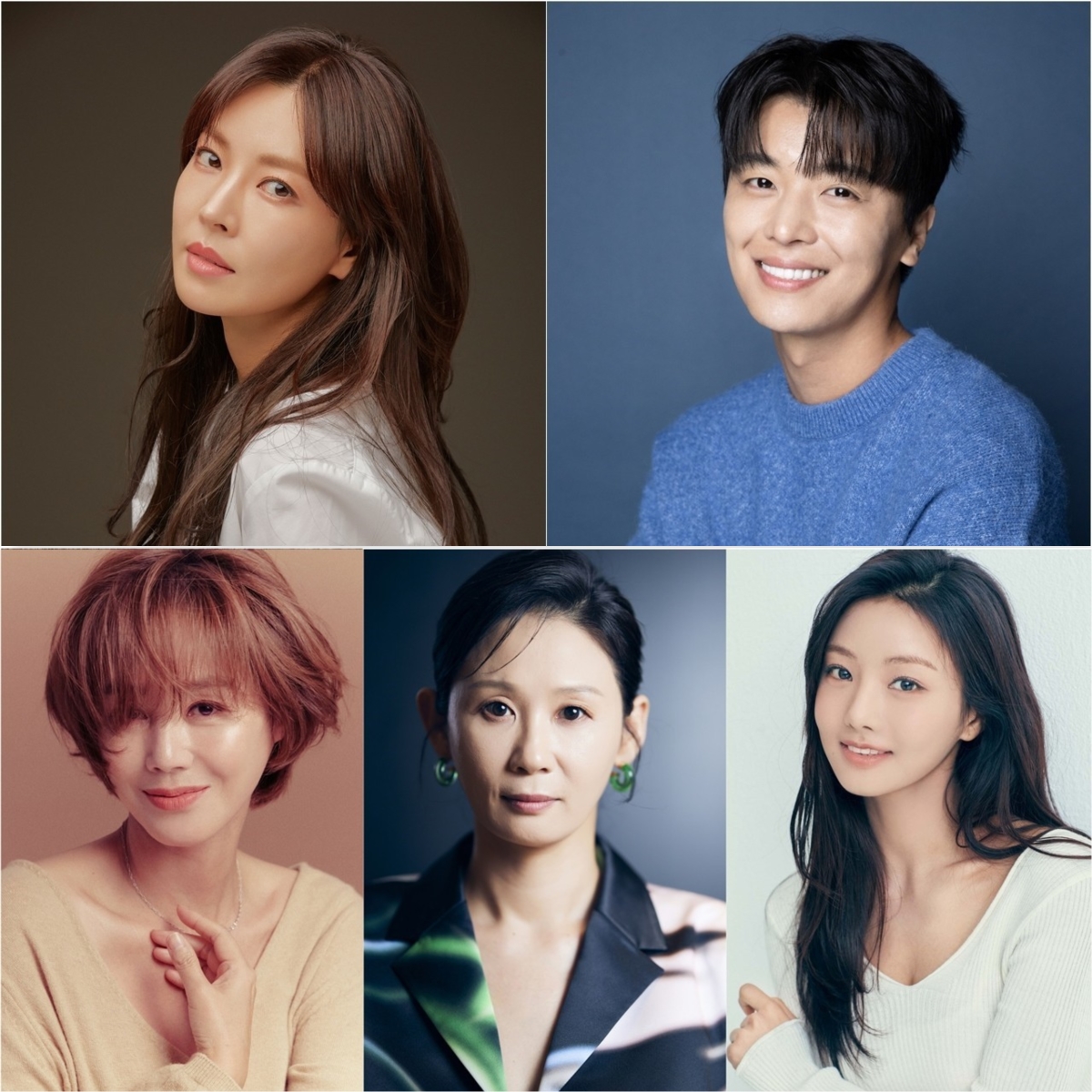
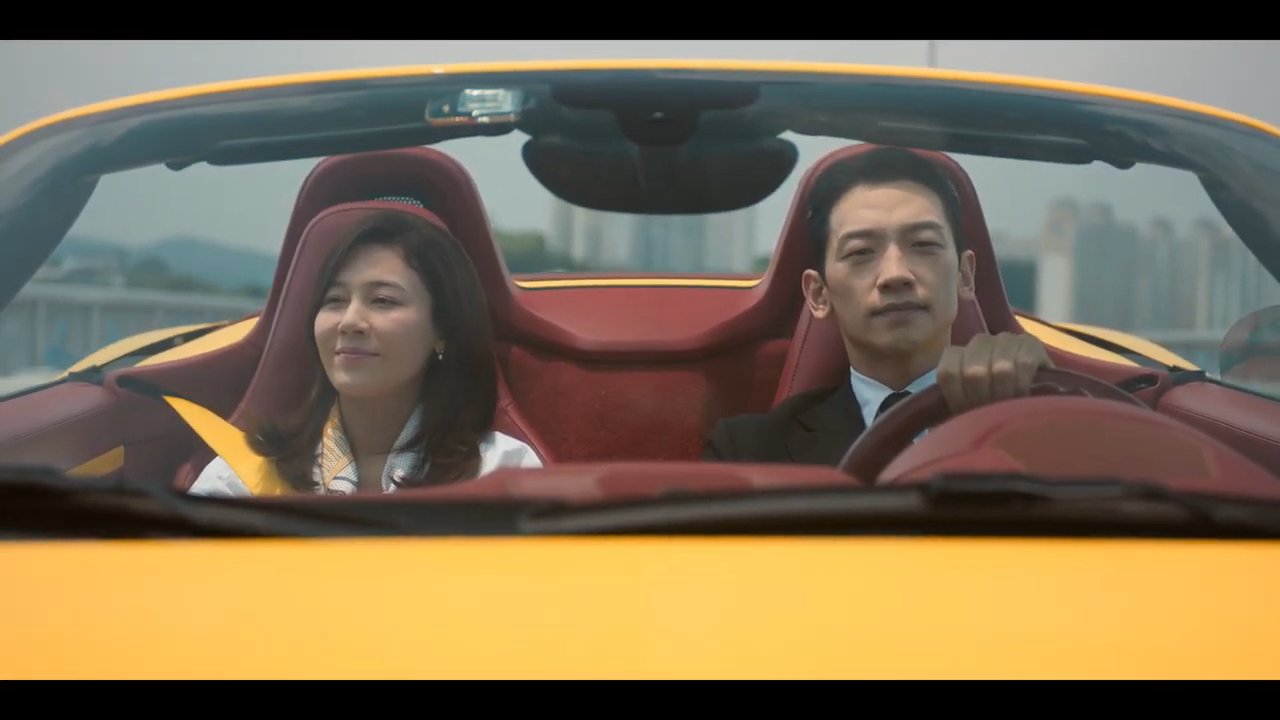
![[Cast Away] A conwoman is possessed by an upright politician](https://d263ao8qih4miy.cloudfront.net/wp-content/uploads/2023/09/castaway_header1.png)

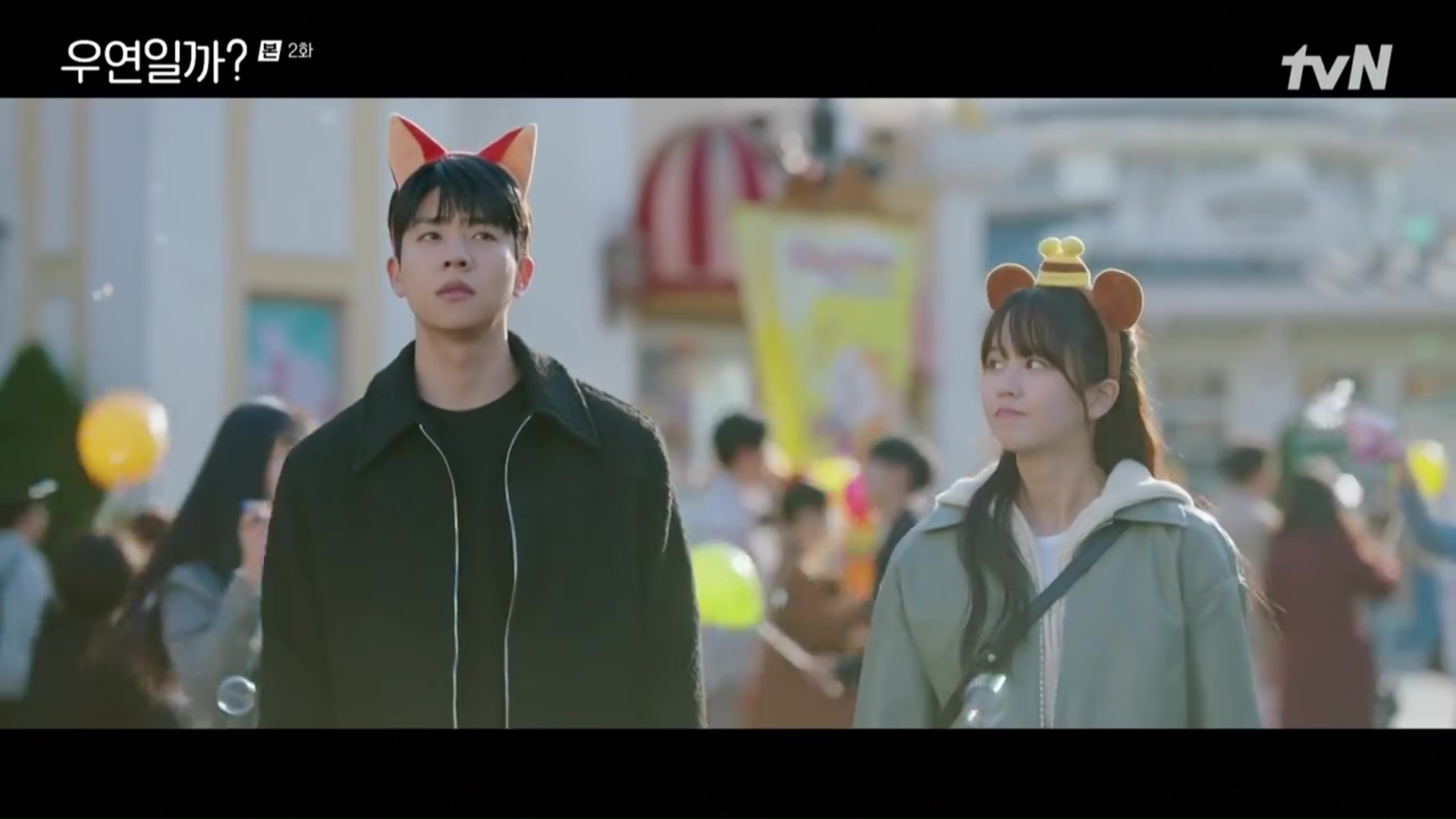
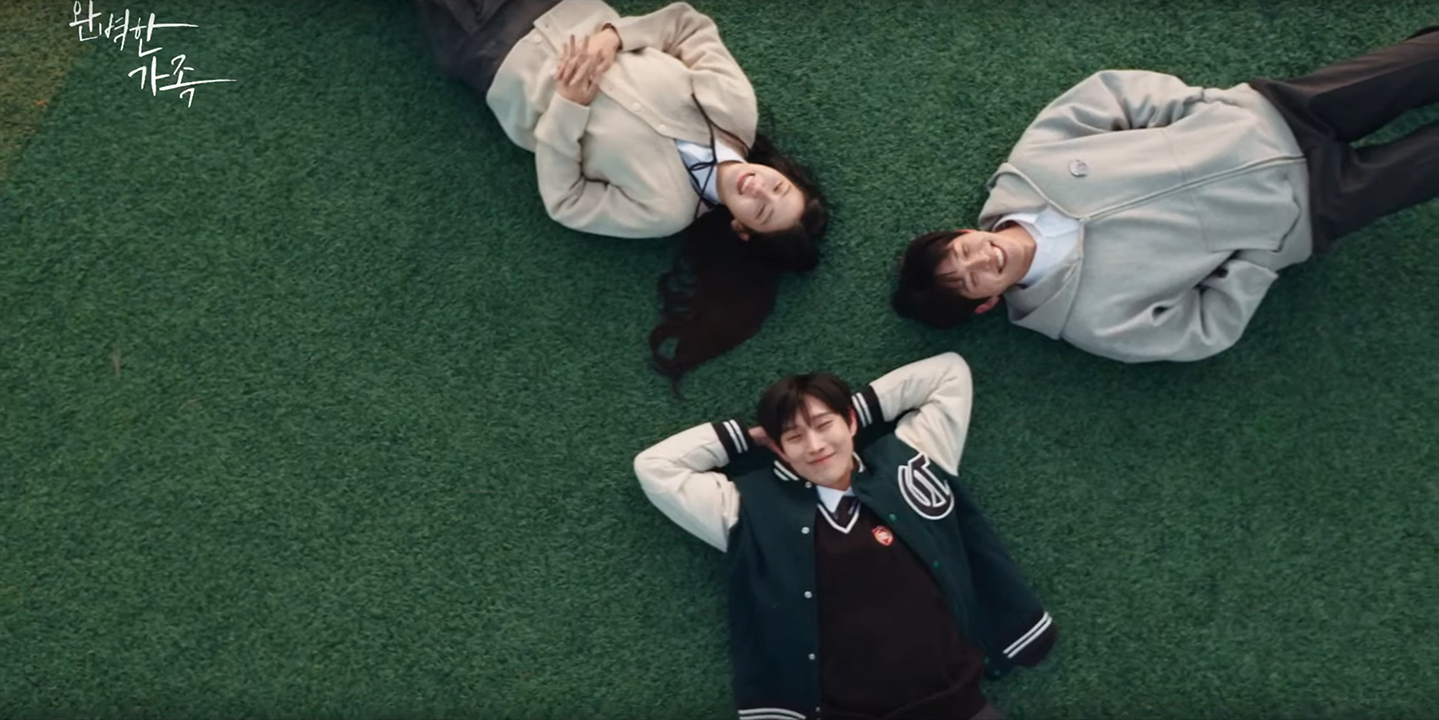
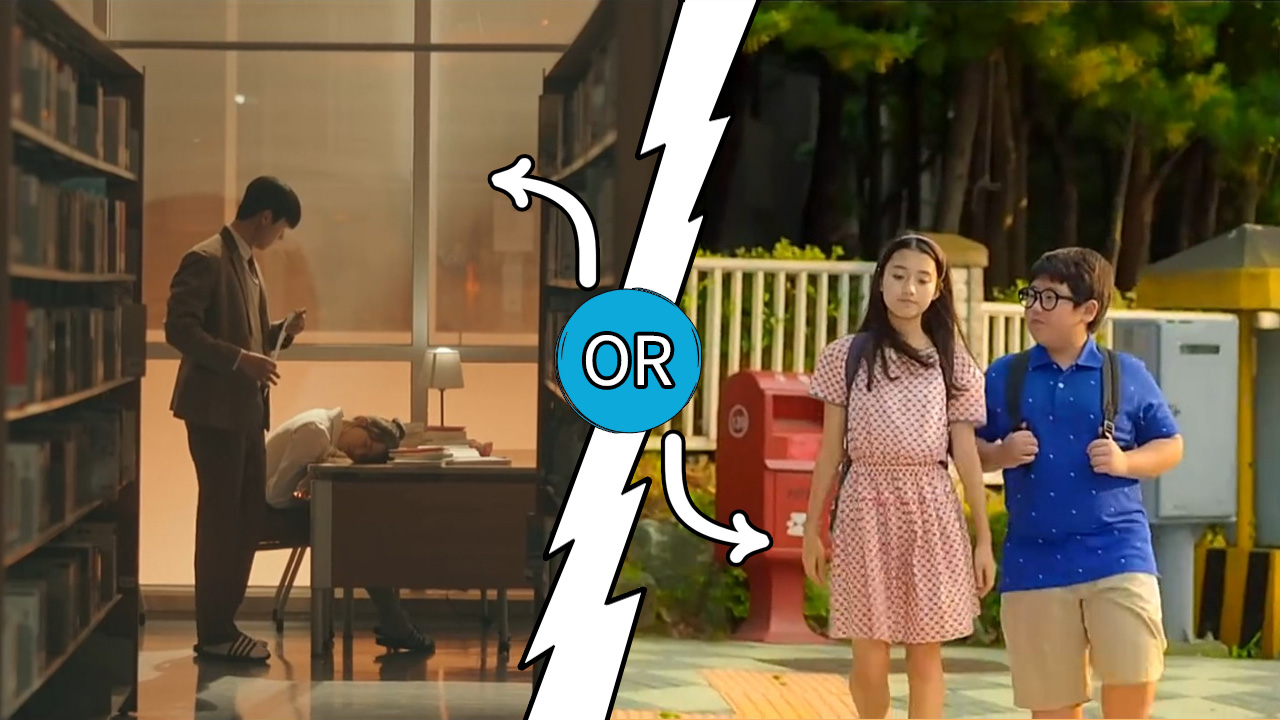
Required fields are marked *
Your email address will not be published. Required fields are marked *
1 Rachel
October 29, 2014 at 9:06 AM
Thank you for this writeup! I really loved the song when I first heard it. After learning more about the craze that surrounded Seo Taiji and Boys through AM 1994 and listening to some of his songs from that era, it's no doubt he is a very a talented songwriter.
It's fantastic how much meaning one can derive from a song that on the surface just sounds very sweet and catchy. I would not have expected anything less from someone with his talent.
Required fields are marked *
lemonicricket
October 29, 2014 at 9:55 AM
"It’s fantastic how much meaning one can derive from a song that on the surface just sounds very sweet and catchy."
> I couldn't have said it better! Exactly how I felt reading this piece.
I have nothing insightful to add right now. Just dropping by to thank DB & TK for this wonderful feature and express a hope that there might be more like it in the future!
Required fields are marked *
KDaddict
October 29, 2014 at 6:10 PM
+1
Required fields are marked *
2 mommai
October 29, 2014 at 9:12 AM
Thank you so much! I had just heard the song and watched it the other day, and obviously could tell there was stuff I wasn't understanding from my American perspective. Some people in the comments had mentioned a little bit about the history of the song and place, but I super appreciate the detail you went into! Also, I love AAK, and was super happy to see this post! (More insightful guest posts from TK are appreciated! ;)
Required fields are marked *
3 minathens
October 29, 2014 at 9:20 AM
Fascinating back story on a question I would never even known to ask. The relative newness of South Korea's democratic government and its turbulent history is an easy thing to miss if you are like me and your primary point of contact with its culture and history is through pop culture-- it's easy to get distracted by the shiny shiny. As an outsider it requires a level of knowledge that I lack. It's great to have someone explain what's going on.
Required fields are marked *
4 Lizzy4e
October 29, 2014 at 9:26 AM
Good Golly what a frightening period of time!
The song effective way to shine a light on the near past and how far ROK has come, not that that was the intent.
The Korean, Love your highly informative and well written blog.
Please come back to Dramabeans again!
Required fields are marked *
Lizzy4e
October 29, 2014 at 9:28 AM
Whoops...did not proof..oof.
Required fields are marked *
5 cingdoc
October 29, 2014 at 9:32 AM
Thank you for such insightful explanation; without it, it would have been, to me, only about loss of young innocent love. Now, it has a deeper meaning to me- perhaps the writer also mourns the loss of his could have been peaceful youth...
I would have totally thought the song was cheery( only the melody since I do not understand Korean) if 1) I didnt see the MV & 2) your clarification of the social turbulence then. Thank you
Required fields are marked *
6 pogo - sailing HMS Queen of Tears and HMS Sailboat Lovely Runner🍉
October 29, 2014 at 9:36 AM
Amazing.... this song is entire galaxies removed from what we normally know as kpop.
I vaguely know bits and pieces about the dictatorship era and what it took for South Korea to become a democracy, including the torture of student activists (largely thanks to films and tv, which isn't enough) so the history lesson in the song is very much appreciated. Thank you, TK!
Required fields are marked *
7 Judith
October 29, 2014 at 9:36 AM
The awesomeness that is Ask a Korean, the brilliance that is Seo Tai Ji, the beauty that is Hangul and the amazeness that is Girlfriend & Javabeans is all wrapped up in this one post> Thank you!
Required fields are marked *
8 CaroleMcDonnell
October 29, 2014 at 9:43 AM
Wow! Thanks. It's still so hardfor me to get my mind around the South Korean dictatorship and how relatively recent it all was.
Required fields are marked *
9 owl 🦉 🫰
October 29, 2014 at 9:48 AM
Thank you, TK. I really liked reading about th song's meaning. Through song, it is a haunting telling of a childhood memory - this would make a wonderfully informative and heartfeld YA story, something along the lines of Angel in the Square - one of my favorite YA stories. Somehow it gives me the same feeling - a young person's view of their life in time and history.
(publisher's summary)
In the fall of 1914, safe behind palace walls, Katya Ivanova sees St. Petersburg as a magical place.
The daughter of a lady-in-waiting to the Empress, Katya spends all her time with the Grand Duchesses; the royal family feels like her own. But outside the palace, a terrible war is sweeping through Europe, and Russia is beginning to crumble under the weight of a growing revolution. Now, as Katya′s once-certain future begins to dissolve, she must seek to understand what is happening to her beloved country and, for the first time in her life, take charge of her own destiny.
Required fields are marked *
10 leaf
October 29, 2014 at 9:52 AM
YES!!! Two of my favourite bloggers teaming up! Please please have more guest posts from TK if you can!! Thank you XD
Required fields are marked *
Alluna
October 29, 2014 at 10:25 AM
omg same here!!!! love them both!!!
Required fields are marked *
Mermaid Scribbler
October 29, 2014 at 3:49 PM
Me three! Thanks TK and Javabeans!
Required fields are marked *
parny
October 30, 2014 at 3:21 AM
DITTO! ??
Required fields are marked *
11 Bebe | Nessa❣️
October 29, 2014 at 9:53 AM
Wow...
Thank you Javabeans, TK, and Ask A Korean :)
This gives so much more insight and context into why S.Korea is the way that it is today and Seo Taiji's song; it also helps with the context, background, and understanding of the recently finished weekend drama "Endless Love".....
Everything of that drama makes sooooooo much more sense now!!! ^.......^
Required fields are marked *
12 nomad
October 29, 2014 at 9:55 AM
Much, much appreciated. I also love you blog, TK...and JB, GF, thank you for having him answer this question. Seo Tai Ji...no word..*standing ovation*
Required fields are marked *
13 dramabird
October 29, 2014 at 9:56 AM
Hurray! A post from TK... I'm a big fan of AAK.
Thank you for your edification regarding this song, it makes listening a much deeper and richer experience :)
Required fields are marked *
14 kw02
October 29, 2014 at 10:02 AM
I only came to know about Seo Taiji through his remake album and concert with the Royal Philharmonic Orchestra back in 2008. I instantly fell in love with his music and especially enjoyed his songs about social issues, such as Classroom Idea and Regret of the Times.
Thanks a lot for the detailed information regarding the song's background. This certainly helps me appreciate the song more =)
Required fields are marked *
Hwari
October 29, 2014 at 8:29 PM
That's Orchestra concert still my jam. I watched Nan Arayo on regular basis on YouTube. Love that perf
Required fields are marked *
15 Samira Yeameen
October 29, 2014 at 10:11 AM
many many thanks to javabeans and TK for this post...i thoroughly enjoyed knowing the history...although i can only imagine how frightening the time period was!!
Required fields are marked *
16 LillyLee
October 29, 2014 at 10:11 AM
Enjoyed this story behind the song very much.
Required fields are marked *
17 Arhazivory
October 29, 2014 at 10:12 AM
I've always enjoyed TK's insightful posts and its so nice to see him guesting here. That was quite an eye-opener for me too regarding the song. So much substance in that video and lyrics. No wonder Seo Taiji is so revered as one of the best.
Required fields are marked *
18 Alluna
October 29, 2014 at 10:24 AM
Thank you TK and JB!!!! please do visit us again TK!!! with my limited Korean I thought I understood something but then after reading this I realized I still know very little :'(
I thoroughly enjoyed this article, having my 2 favorite bloggers together is even better!!!
Required fields are marked *
19 j2hr
October 29, 2014 at 10:52 AM
Thanks TK. Reading your post help me understand why Koreans love STJ's music.
Required fields are marked *
20 Abbie
October 29, 2014 at 10:55 AM
Every time I read something about like this, I feel so sad for all the people of Korea (South and North) who are powerless in the face of authority. Or so it seems to me, anyway. I'm glad that most of these dark days are behind the people of South Korea, but the people of North Korea, I would assume, are still going through these types of things. It just makes me sad and I pray for the day when all this terrible stuff can be nothing more than a memory.
Nice song, by the way. Seo Tae-ji has a nice voice.
Required fields are marked *
Abbie
October 29, 2014 at 10:56 AM
* Seo Taiji, I meant. Oops. :)
Required fields are marked *
21 houstontwin
October 29, 2014 at 11:01 AM
Thanks for a glimpse into modern Korean history. It is so sad to think about the college students who suffered for sake of establishing democracy. Clearly, we can see similar struggles in the world today. :{
Required fields are marked *
22 moondust
October 29, 2014 at 11:06 AM
Thank you so much TK, for giving us deeper insight into the history of that period.
Required fields are marked *
23 Mala
October 29, 2014 at 11:08 AM
This reminds me. Peppermint Candy was such an awesome movie, especially the section on Gwangju it felt so immediate and real. Those early K-wave movies have yet to be bettered.
Required fields are marked *
LinLin
October 29, 2014 at 9:12 PM
I totally agree! The older dramas and movies have taught me so much about Korean history and it is so important to know! Nowadays dramas feel... Empty...
Required fields are marked *
Mala
October 29, 2014 at 10:22 PM
So true. I think this is a transitional phase that has lost the energy, vision and creativity of the late 90s/early 2000s. That got people hooked but the popularity has resulted in a self-consciousness and too much packaging though it is still a vibrant industry. E.g. The Attorney dealing with the same period while good is a little smug and pleased with itself. I think in the next phase K-dramas and movies will be more mature.
PS: That early time is also a bit of a pre plastic surgery era, people look authentic not perpetually groomed and reshaped. I don't think that is coming back soon though :(
Required fields are marked *
24 Margot
October 29, 2014 at 11:18 AM
Thank you for this explanation! I thought maybe the video had to do with the dictatorship during the 1980s, but I knew that I wasn't really understanding the context of it.
Both the song and the video are incredibly beautiful <3
Required fields are marked *
25 Meg
October 29, 2014 at 12:03 PM
Wow! Thanks so much for that info! So interesting and it makes me love the song even more! :)
Required fields are marked *
26 Mandy
October 29, 2014 at 12:27 PM
Oh this is awesome! I don't know much about Korean history other than the ones I've seen in sageuks, LOL. I heard the song a few days ago, but its good to know the context of it all.
Required fields are marked *
27 samsooki
October 29, 2014 at 12:31 PM
Great post.
Love the song too.
Thanks to TK and JB/GF.
Required fields are marked *
28 bean
October 29, 2014 at 12:44 PM
TK on Dramabeans? This is beautiful.
Great write up! I hadn't heard this song yet, and I had no idea that Seo Taiji grew up in Sogyeokdong. It never would've occurred to me that Seo Taiji might have been writing about something he would have seen happen as a child. That's really powerful stuff.
Required fields are marked *
29 changhyun
October 29, 2014 at 1:25 PM
Kind of awesome, my instagram handle is Sogyeokdong!
Required fields are marked *
30 Den
October 29, 2014 at 2:17 PM
Thanks JB & TK. Would love to read more posts like this in the future. I love TK's way of explaining stuff (ex. the ferry tragedy).
I've never checked out Seo Taiji before. All I know is what I've watched on AM1994, his divorce, his remarriage to that very pretty girl in Mixed-up Investigative Agency, and him becoming a father this year. Heh.
Required fields are marked *
31 Dilan
October 29, 2014 at 2:40 PM
Seo Taiiji is an artist - the video is a little clunky in parts but as a person worlds away from N/S Korea I got it - we had it here in the States too, the fear brainwashing as a kid. Forced draft, but nothing like specific college kids forced by torture to be spies. I appreciate his work, his musicality, and his memories
Required fields are marked *
32 KPopCuriousPopCurious
October 29, 2014 at 3:43 PM
Insightful article, a definite needed peek into the history of South Korea that is relatively less known to some of us. Thank you for this.
Required fields are marked *
33 PPasun
October 29, 2014 at 4:20 PM
Lovely translation and explanation. Thank you.
Required fields are marked *
34 Lala
October 29, 2014 at 4:43 PM
I also quite like IU's version of the song too. It's interesting how her version sounds very dream-like with her soft voice while seo taiji's sounds very sad and dark. Different feelings from the same song.
Required fields are marked *
j2hr
October 29, 2014 at 10:57 PM
isnt it the most powerful thing about music and art? IU was born in 93, thus she didnot experience this dark history. So to her, it is more like a dream, and she expresses it this song with her understanding and we get a dream-like version. In contrast, STJ experienced all this horrible history, that s why his version feels sad and dark.
Required fields are marked *
Yvette Hsieh
October 29, 2014 at 11:11 PM
Then it's ironic that IU's version is the one that swept all music charts, which says a lot about Kpop scene these days. Don't make wrong. I love IU's voice and she is rather exceptional compared to her contemporaries. However, STJ's version really evokes the pain and the sadness of that era, which the younger audience couldn't care less.
Required fields are marked *
anon
October 30, 2014 at 6:11 PM
Did you just accuse younger people of being ignorant of their country's history based solely on which song happened to top the music charts?
Required fields are marked *
Yvette Hsieh
October 30, 2014 at 8:31 PM
No. What I say that is that they don't "care"--history is not their primary concern. This is not my observation. This is from Korean news report. Basically, the news reporter is saying that Seo Taiji's concerns do not speak to the younger generations of listeners, who are more interested in love and money-making, and their judgment is based on the current music trends, market and music charts. It's nothing wrong to be interested in love and money-making. There is just generational difference.
BTW, none of my Korean colleagues in their early 20s know the history of 소격동.
35 mariassi
October 29, 2014 at 5:39 PM
This is great! I really enjoy reading AAK, and I think it's amazing the international followers of Korean popular culture can learn more about the history and tradition of Korea.
Please, keep it up!
Required fields are marked *
36 Flyingcockroaches
October 29, 2014 at 6:28 PM
What does it mean that the song was released now? It seems like more than a personal reflection on the past given who is the current President and some of the rumors of increased government control.
Required fields are marked *
37 zunaito
October 29, 2014 at 6:59 PM
THANKS for the breakdown TK
You are an amazing writer and i hope you collaborate with DB more often in the future.
I love your blog! It's a rare mixture that perfectly balances informative and entertaining tidbits...I never regret reading your updates.
Required fields are marked *
38 Gidget
October 29, 2014 at 7:39 PM
Wow, what a perfect complement your writing is to Dramabeans. I appreciate the diplomacy of your writing. It's a gift to be able to handle sensitive subjects in a non-inflammatory way. So well done.
Re: A modified version of this drill still goes on to this day in Korea, which tends to alarm tourists and foreign journalists...
These days wouldn't they just think Do Min Joon was paying a visit? ;-)
Required fields are marked *
39 sora
October 29, 2014 at 7:42 PM
Thank you for posting. I hope you write more.
Required fields are marked *
40 ck1Oz
October 29, 2014 at 7:47 PM
Thank you for the explanation.
I am not a Seo Taiji fan and would have just dismissed the song. But your explanations- disturbing as it is to learn the truth behind Kpop- will stay in my mind.
It makes me think seriously about why he would need to write such song lyrics. It's disturbing yet understandable if that period of his life was significant- that being a singer/ writer that he wanted to express his thoughts about it.
So thank you so much for taking the time to write and explain all this to us.
I am now going off to ponder how I feel about learning about the propaganda and all the poor students in those times.
Required fields are marked *
41 Shannon
October 29, 2014 at 7:50 PM
This guys blog is racist and sexist. It's awful!
Required fields are marked *
42 Petmink
October 29, 2014 at 7:50 PM
I learned so much from this post. Thanks.
Required fields are marked *
43 LinLin
October 29, 2014 at 9:06 PM
Thanks so much for this! I think learning the history of the country we love is one of the most important things we can do! I have read a lot about this time period in Korean history and I must say this was very accurate and well written. Also people: if you want to know more about this watch The Sandglass. This is a beautiful drama that really goes into detail about this time period. I hope you will all watch it. Thanks again guys!
Required fields are marked *
44 Noelle
October 29, 2014 at 9:12 PM
Thank you, this shed a lot of light on a past Korea. I always wondered what happened in the 80s after hearing some shows/movies reference the time.
Required fields are marked *
45 Yvette Hsieh
October 29, 2014 at 9:46 PM
Thank you. I am in tears.
This piece of writing from T.K/ dramabeans is the most meaningful discussion on Seo Taiji's 소격동. I've seen fans fighting about whether IU's or STJ's singing is better to no end, which completely misses the historical lesson embodied in STJ's artistic vision. It is a pity that most viewers only interpret this song as a typical Korean ballad, which is never the genre STJ is seriously interested at (except something like For You as we heard from Reply 1994).
It is also doubly meaningful that he asks IU to sing this song, because he wants to remind the younger generations of Koreans that Korea has gone a long way to become a democratic nation as it is now. This song, together with The Attorney starring Song Kang Ho or Sunny in 2011, are trying to document the historical memories buried by the *appearance* of material affluence and capitalist establishments. Let's not forget the Sewol tragedy and its aftermath. South Korea, like the rest of the so-called democratic countries including USA, still has a long way to go in order to have a real democratic and responsible government that takes care of its own people instead of depriving or jeopardizing their right to live. (Christmalo.win is another song loaded with social criticism and political metapors).
Lastly but not the least importantly, thanks goodness that there is still Seo Taji. He might not be as powerful and influential as before, but he still uses his music to make a social commentary, which, for me, testifies his stature as an artist.
Required fields are marked *
46 merry
October 29, 2014 at 10:03 PM
I understand Seo Taiji and the one the recently died were of the same generation as songwriters. Did they go to the same university too? The one who recently passed away was from Sogang (a Jesuit school). Is Seo Taiji too?
Anyway, thanks for the lovely blog. And hopefully TK's guesting will be more frequent.
Required fields are marked *
Yvette Hsieh
October 29, 2014 at 10:22 PM
Are you talking about Shin Hae Chul? Shin is also iconic and legendary.In the memorial concert for president Roh Moon Hyun, he used his music and tattoo to articulate his discontent against president Lee Myung-bak.
Seo Taiji never went to college. In fact, he is known to be a high school dropout (he quitted school voluntarily). Kim Hyun Joong admitted that he quitted high school because of Seo Taiiji. Seo Taiji and the boys has this famous song called "Class Idea," which he criticizes the dogma and conformism in the educational system. The lyrics are far more pointed than this one.
Required fields are marked *
merry
October 30, 2014 at 11:46 PM
Thank you for this information. Yes, I was referring to Shin Hae Chul as the one who passed away. I am impressed about this additional tidbit on ST not going to university. It really adds allure to an artist's persona.
Required fields are marked *
47 Eliza Bennet
October 30, 2014 at 12:37 AM
I really like TK's blog and his thoughtful replies (and his sense of humour). This mash up is excellent though and I hope to see more of it.
Required fields are marked *
48 Clementine
October 30, 2014 at 1:50 AM
Another great post TK! I have been following your blog and is a long time fan :).
Required fields are marked *
49 kdramafan
October 30, 2014 at 2:53 AM
Thank you for the post TK.
It was really interesting to learn about recent Korean's history and I liked the song.
BTW I heard that when there the sirens go off for the drills everyone has to get off the street. Is it correct?
Required fields are marked *
50 lilylily93
October 30, 2014 at 3:18 AM
Some people should just learn to appreciate good music. Also I didn't know that Seo TaiJi grew up in Seogyeokdong. It was a very good analysis.
Required fields are marked *